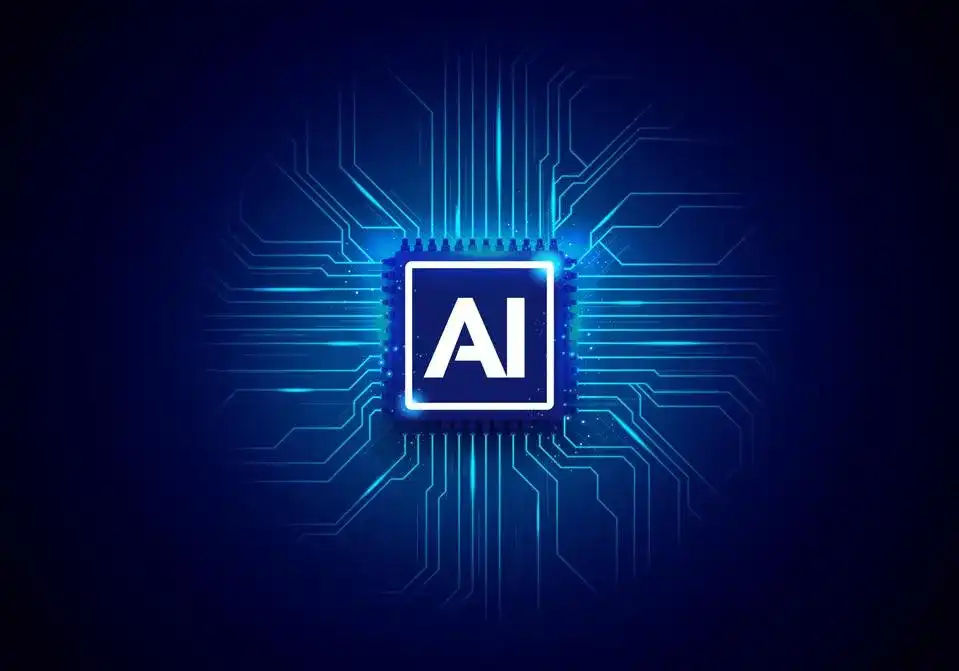
The Future of Artificial Intelligence: Latest Trends, Applications, and Challenges
Artificial Intelligence (AI) has been around for decades, but its potential has only been realized in recent years due to advances in technology. AI has already impacted various industries such as healthcare, finance, and transportation, and its impact will only continue to grow in the coming years. In this blog, we will discuss the latest trends, applications, and challenges in AI that will shape its future.
Trends in AI:
- Natural Language Processing (NLP): NLP is a subfield of AI that enables machines to understand human language. With the rise of voice assistants such as Siri and Alexa, NLP has become more important than ever. NLP is also used in chatbots and virtual assistants to provide personalized customer service.
- Reinforcement Learning: Reinforcement learning is a machine learning technique that enables machines to learn from their environment by trial and error. This technique is used in self-driving cars and robotics, where machines need to make decisions based on their environment.
- Explainable AI: Explainable AI is an emerging field that aims to make AI more transparent and understandable. With the increasing use of AI in critical applications such as healthcare, it's essential to ensure that AI decisions can be explained and understood.
Applications of AI:
- Healthcare: AI has already made significant strides in healthcare, from detecting diseases to developing personalized treatments. AI can also be used in telemedicine and remote patient monitoring, allowing doctors to provide care from anywhere in the world.
- Finance: AI is used in finance for fraud detection, risk assessment, and investment strategies. AI-powered chatbots can also provide customer service and financial advice.
- Transportation: Self-driving cars are the most well-known application of AI in transportation. AI is also used in traffic management and logistics to optimize routes and reduce congestion.
Challenges in AI:
- Bias: AI systems are only as unbiased as the data they are trained on. If the data used to train AI systems is biased, the resulting AI systems will also be biased.
- Privacy and Security: As AI becomes more prevalent, concerns around privacy and security have increased. AI systems need to be designed with privacy and security in mind to prevent misuse of data.
- Ethical Concerns: AI has the potential to change the world for the better, but it also raises ethical concerns. For example, AI could be used to create fake videos or impersonate individuals.
Conclusion:
AI has already made a significant impact on various industries, and its potential is only growing. As AI continues to evolve, it's important to stay informed about the latest trends, applications, and challenges. Understanding the potential of AI and its limitations will be crucial in shaping its future.
Get your FREE PDF on "100 Ways to Try ChatGPT Today"
Generating link, please wait for: 60 seconds
Post a comment
Comments
Join the conversation and share your thoughts! Leave the first comment.